It’s that time of year again—the “dog days of summer” are here! But, what does that phrase mean and where does it come from? One theory is that dogs tend to be sluggish during the hottest days of summer. Another thought is that the days are so hot, it causes dogs to go mad. Actually, this phrase is a reference to Sirius, the Dog Star. During this time of year, the sun occupies the same region of the sky as Sirius. On July 23, Sirius and the sun rise and set together. Since the star is so bright, the ancient Romans believed it actually gave off heat and added to the sun’s warmth. They referred to this toasty time—the 20 days before and 20 days after the alignment of Sirius with the sun—as diēs caniculārēs, or “dog days.”
While the phrase might be cute, the dog days of summer can be a dangerous time for our pets. Here are some tips to stay cool and safe this summer:
- If your pet will be spending time outdoors, be sure he always has access to plenty of shade, water, and good ventilation. Never leave a pet outside unattended.
- Limit exercise. Dogs do not know how to limit themselves. If you’re hot, your dog is probably hotter (he’s wearing a fur coat!). So, stop throwing that ball and head indoors for some cool air and a water break.
- If your pet becomes destructive when he doesn’t get enough exercise, pick the cooler times of the day, like early morning or late evening, to burn some of that energy.
- If your dog enjoys swimming or other water activities, a kiddie pool can provide hours of safe outdoor fun in the sun.
- Do not leave your pet in the car, even with the air conditioner running. During the dog days of summer (and any other time when outside temperatures rise above 70 degrees), keep your dog at home.
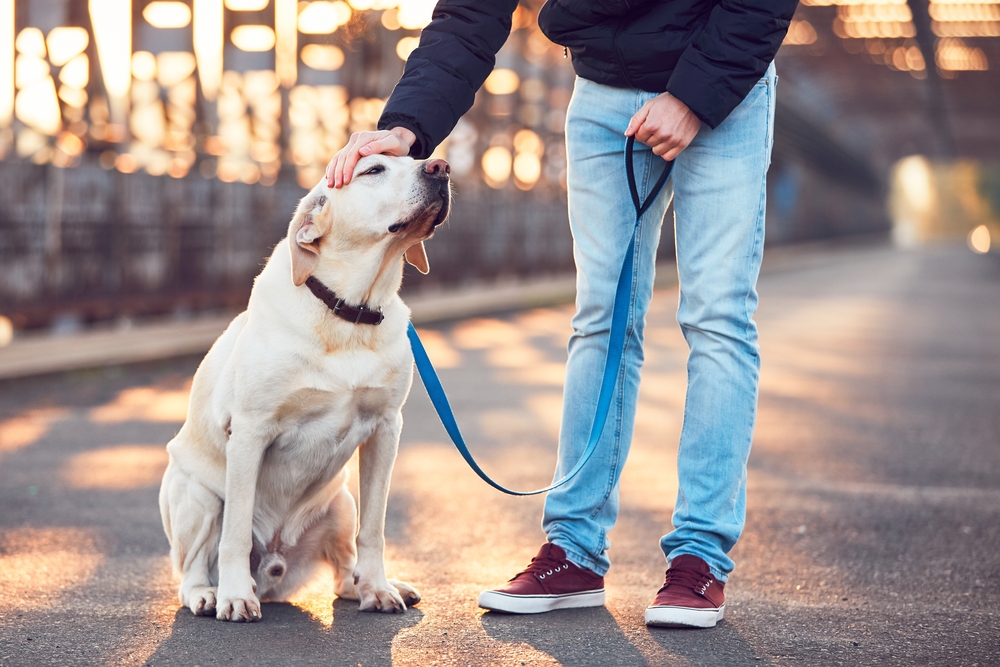
Think your pet might have become overheated? Some signs that your pet is too hot include:
- Panting
- Drooling
- Restlessness
- Red or pale gums
- Increased heart rate
- Problems breathing
- Vomiting or diarrhea
- Dizziness
- Weakness
- Seizures
What to do if you suspect your pet is overheated
If your pet seems to be overheated, you must work to cool him off immediately. Bring him into a cool, air-conditioned environment. If possible, put him in the bathtub and gently hose him down with cool water (not cold). Cold water can lower the body temperature too abruptly and cause other problems.
If you have a fan, point the extra breeze and ventilation at your pet. Check his temperature periodically while you’re cooling him down. If he started at 104 to 106 degrees Fahrenheit or higher, try to get him down to 103 degrees before putting him into the car (the air conditioning should already be running full blast). Dry him off a little before heading to our office—a sopping wet coat is often more warming than cooling during a car ride.
A pet that is suffering from heatstroke must be seen by a veterinarian, even if he seems to have recovered. Frequently, these pets can go into shock and their organs can shut down. When you arrive at our clinic, we will begin to treat your pet immediately. Occasionally, overcooling can occur at home and your pet can become hypothermic. Even after your pet is cooled appropriately, he is not out of the woods yet. Side effects of heatstroke can be deadly and can show up a day to a week later. These include organ failure, intestinal sloughing, and neurological damage.
Like other health-related conditions, prevention is always the best medicine for heatstroke.
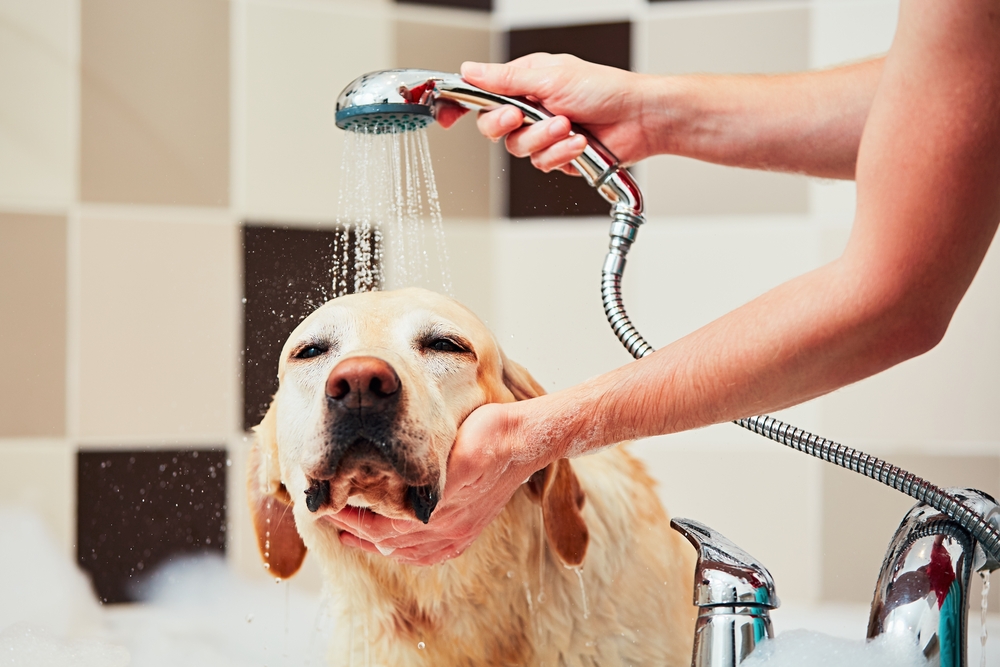
Predisposing factors for heatstroke
Even though dogs are the most common victims of heatstroke, it can occur in cats as well. Any animal can overheat, but animals with some of the following physical traits and conditions are more susceptible:
- Obesity
- Brachycephalic breeds (the flat-faced pets, such as pugs, bulldogs, Persians, and Himalayans)
- Breathing difficulties (some pets have laryngeal paralysis or a collapsing trachea)
- Heart disease
- Neurological disease
- Young or old pets
- Thick/long hair coats
- Hyperactivity, excessive exercise
- Dehydration (cats are notorious for not drinking enough water)
If you suspect your pet is suffering from heatstroke, call Countryside Veterinary Hospital immediately at 256-859-2221. This is a severe emergency and should never be taken lightly, even if your fluffy family member appears to be feeling better. Stay cool and smart this summer!





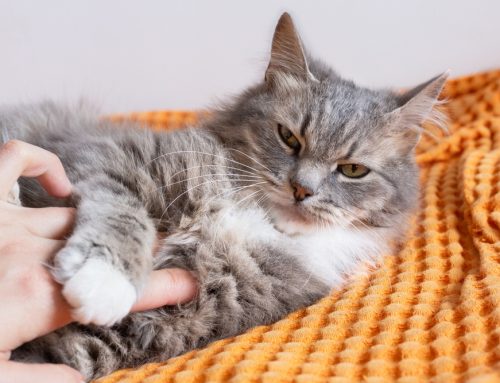
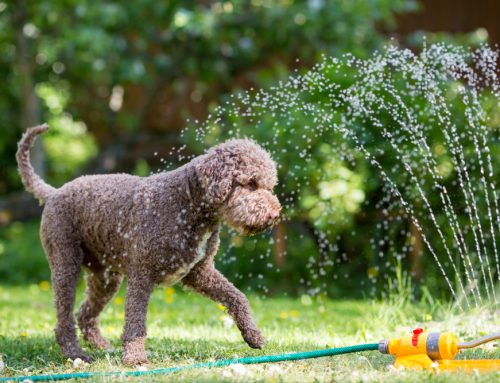
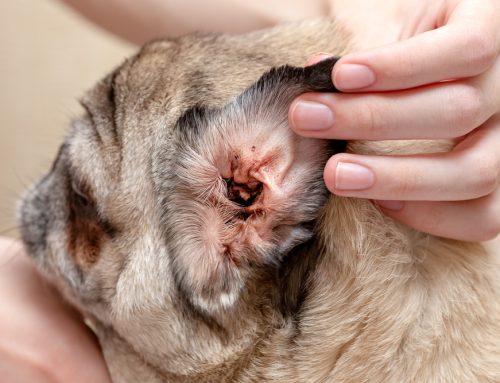
Leave A Comment